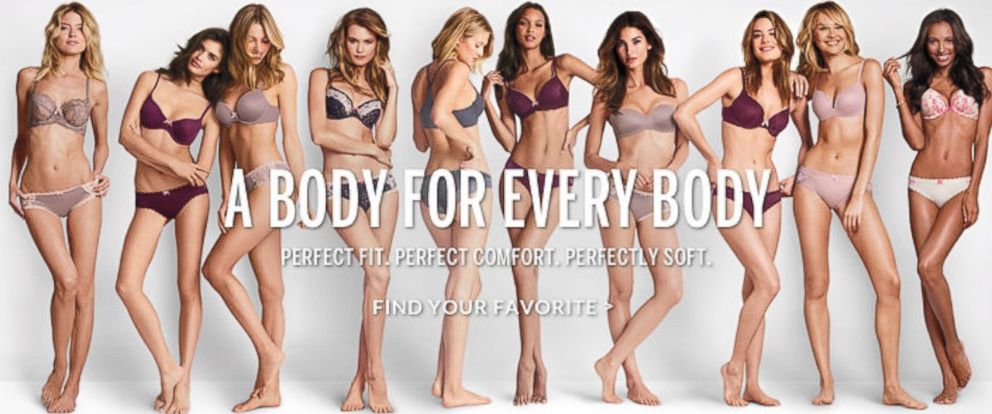The problem with advertising is that it reduces human
experience to a commodity, as if everything that we experience should be bought
or sold, even our own self-consciousness and struggles with body image. The
problem with this is that it reduces people to their beneficial attributes as
determined by society. It is beneficial to be conventionally attractive, so
advertisements will sell you this idea of attractiveness. More than reducing a person
to a commodity, it relies on us to have some issue of self-hatred, which is
imposed on us largely by our advertising culture. A large portion of these
advertisements force us to view our self worth in terms of physical beauty.
In the article from our reading titled “Here's What Bothers Me About the New Dove Ad”, it illustrates the fact that dove and other
companies make these “body positivity” ads about how women view themselves, and
reduces a woman’s self-worth to how they view their physical appearance, and
presenting these ads as some kinds of positive think pieces about self-worth,
when in reality they are reducing women to objects to be viewed instead of valuing
them for their humanity, intelligence, etc. The Author writes “These ads each
depend on the assumption that in order to be happy, empowered, or confident,
women need to feel beautiful.” It is for this reason that advertising is such
an issue. Women are being sold to, so companies will use general insecurity as
a weapon to sell them more products. This issue of body positivity is a
reaction to a problem these advertising companies created themselves.

It brings out the underlying problem in our society that
beauty somehow equals happiness. Telling people “ you’re beautiful regardless
of how you look” is a form of positivity, yes, but it relies on the fact that
we hold beauty at such a high standard that we equate it to our own mental well-being.
It would be infinitely better if we would think about the implications of this
for a second. This is illustrated in the article "Pretty Unnecessary". If we all equate our happiness to beauty, would that not make is feel
worse for people who do not feel beautiful? Part of this underlying problem is sheer
amount of ads showing conventional beauty standards, so it is understandable
that people would want ads that show more body types, but that will not solve
the problem so long as it is profitable to market towards people’s
insecurities. There will always be ads telling people what body type is the
right type, so long as we praise companies for any small effort they make at
being positive. What we should strive for is shaping a society that does not
covet beauty as necessary to one’s happiness.
Advertising at this point is so deeply rooted in media that it
is impossible to avoid. Even a site known for giving voices to smaller creators
like Youtube has had the platform shaken up by advertising. Creators have been demonetized
for mentioning political issues, and have lost money as a result, not letting
them make the content that they want. If a creator does not make content that
advertisers think is worthy, they will not run ads on creators videos. All the
power in this relationship is in the hands of advertisers. Thankfully sites
like patreon have made it easier to directly support creators online.The problem with internet content creation in general is that
it relies on sponsors to generate revenue, meaning that almost all content you
view online will be selling you something at some point. Instagram, for example
is full of photographers and models that advertise products, sometimes in ways
that are not very honest with their followers. They may not disclose a deal or partnership
they have with a brand and their followers buy the products without knowing
that the model or “influencer” was being paid to sell a product. This ties into
the issues earlier because beauty brands often advertise on Instagram. Instagram
often feels like a steady stream of heavily edited images used to project an
image of a person that is dramatized to look better than it actually is, so
when people see their favorite Instagram account advertising a beauty product
it could easily be taken as “maybe this product will make me like them”.
This even happens in tv shows. When you see a character using
the new Microsoft surface laptop in every tv show it isn’t disclosed to us that
the company paid to have the product in the show. It is misleading to see these
products pushed on us. The fact of the matter is that we are consumers to these
companies, so new ads that may seem more inclusive are just ways of making us
into commodities. An example of this is the infamous Pepsi ad where a protest magically
stops after everyone has a pepsi. Ads are selling us a fake reality where products
give us happiness, but it is not the answer to our problems.
No comments:
Post a Comment